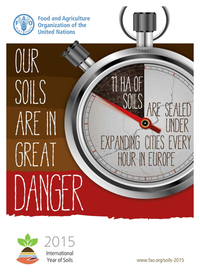Game changers for irrigated agricultureâdo the right incentives exist?
Game changers to achieve sustainable intensification of agriculture are possible in the irrigation sector and they focus mainly on getting more with less. There is, however, still a long way to go to replicate, adapt and develop approaches to take such ideas to scale and increase productivity within existing agricultural water management contexts.




